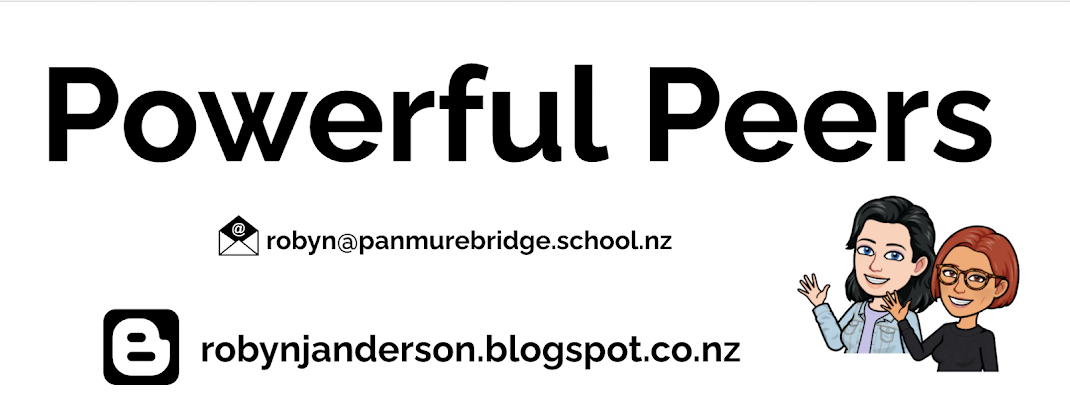As a Year 7/8 teacher I see how real the ongoing struggle is for our learners who do not have the language acquisition and literacy skills needed to make sense of learning at our level. Recent assessment data has showed that my target group were not able to unpack what the questions were asking them to do. Looking back at trends in their historical data (from Year 5), the picture is no different. These disconnects result in wider gaps in learning that are becoming harder and harder to fill.
With this in mind this year I will be inquiring into whether increased emphasis on reading comprehension instruction can lead to better subject achievement in reading, maths and writing. I have selected this focus as all of my target group have had Reading Recovery, Rainbow Reading and STEPS interventions. 5/9 students have had ESOL funding. 2/9 have had Teacher Aide support each year. Self efficacy is something I will continue to grow as each of these students are aware they find learning a challenge, something that has become more evident as the gap between their achievement levels and the achievement levels of their peers widens.
My hunch is that some issues with my students’ math achievement are related to issues they have with reading instructions and tasks. I noticed during our 1:1 running record assessment time that 9/9 students were able to recall a lot of literal information. Most reverted to tapping into prior knowledge when asked questions they were not able to recall. Despite being reminded gently at the start of the assessment to refer back to the text as the words hold the information, only 3/9 were able to do this. These students read the text in entirety from the top down each time. This highlighted to me that skimming and scanning are additional skills that need to be developed.
I am currently analysing my data more thoroughly and will update my blog with this information when this is complete.


Hi Robyn
ReplyDeleteI always enjoy reading your posts, this is a great example of how to precis an identified problem for a teacher inquiry. You've made me rethink how I've drafted mine, I'm sure it could do with a retweak ☺️
Hi Kerry
ReplyDeleteI really appreciate your feedback. Thank you :)
Kia ora Robyn, you have shared some strong connections between the data trends and patterns of student learning you have noticed as a result of interactions with your students and reflections on their learning. Do you have any strategies that have helped your learners (specifically thinking of this year level) communicate or describe what the biggest challenges are for them, specifically when language acquisition and literacy skills are limited?
ReplyDeleteThanks again, great post.
Fiona
Hi Fiona
ReplyDeleteThank you for your feedback. I have spent a lot of time building student self efficacy this term as my inquiry last year showed me how important this was for our students who find learning a challenge. Peer to peer talk is a huge part of our learning time as it provides authentic opportunities for new words to be used in context. I noticed my learners also used this time to seek clarification from each other so I added in a 'fun' component of timed challenges to share knowledge with a partner. Additionally, I have continued to use the comments tool in G suite so my learners can see where I notice their success (this is something these students want to know), and can ask me questions or let me know if I need to spend some 1:1 time strengthening knowledge gaps. Time to unpack new vocabulary or revisit known vocabulary is embedded into all lessons and gives us an opportunity to focus and notice the words that help us make sense of the learning. At the end of the term I asked all my students to complete a term evaluation which has given me an honest insight for some where to next steps.
Thanks for sharing these Robyn, empowering for your learners to have both the time and the strategies to harness both the digital and their peer to peer talk... ka mau te wehi e hoa!
Delete